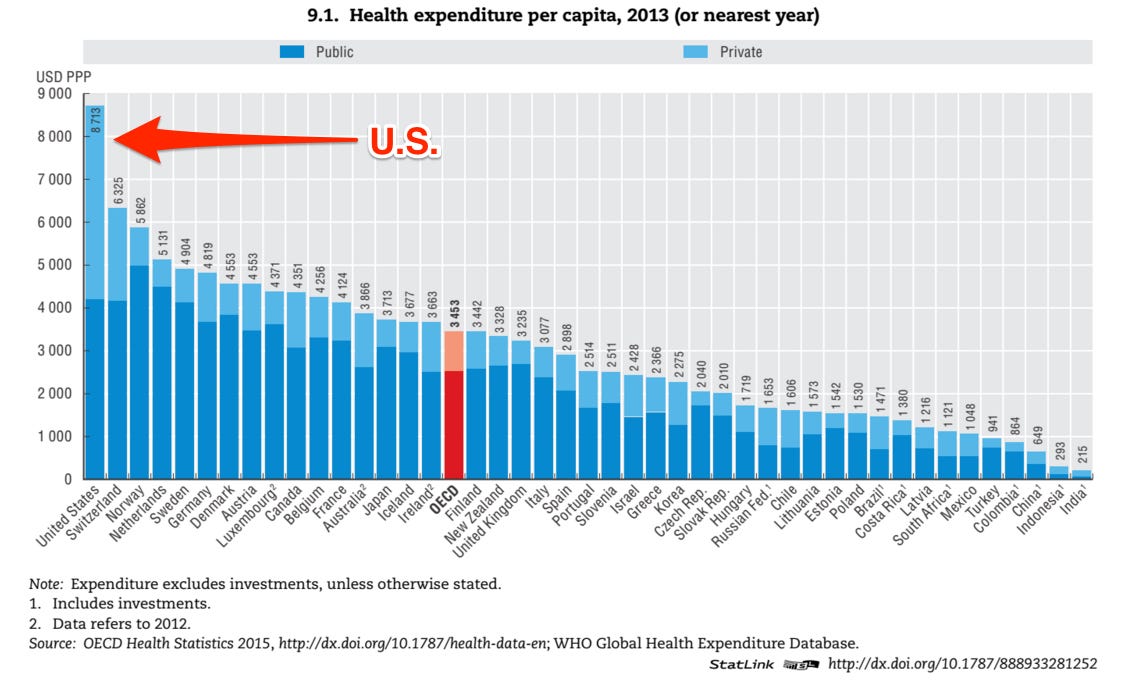Some were dubious when I told them that McAllen was the country’s most expensive place for health care. I gave them the spending data from Medicare. In 1992, in the McAllen market, the average cost per Medicare enrollee was $4,891, almost exactly the national average. But since then, year after year, McAllen’s health costs have grown faster than any other market in the country, ultimately soaring by more than ten thousand dollars per person.
“Maybe the service is better here,” the cardiologist suggested. People can be seen faster and get their tests more readily, he said.
Others were skeptical. “I don’t think that explains the costs he’s talking about,” the general surgeon said.
“It’s malpractice,” a family physician who had practiced here for thirty-three years said.
“McAllen is legal hell,” the cardiologist agreed. Doctors order unnecessary tests just to protect themselves, he said. Everyone thought the lawyers here were worse than elsewhere.
That explanation puzzled me. Several years ago, Texas passed a tough malpractice law that capped pain-and-suffering awards at two hundred and fifty thousand dollars. Didn’t lawsuits go down?
“Practically to zero,” the cardiologist admitted.
“Come on,” the general surgeon finally said. “We all know these arguments are bull****. There is overutilization here, pure and simple.” Doctors, he said, were racking up charges with extra tests, services, and procedures.
The surgeon came to McAllen in the mid-nineties, and since then, he said, “the way to practice medicine has changed completely. Before, it was about how to do a good job. Now it is about ‘How much will you benefit?’ “
The Cost Conundrum - The New Yorker

